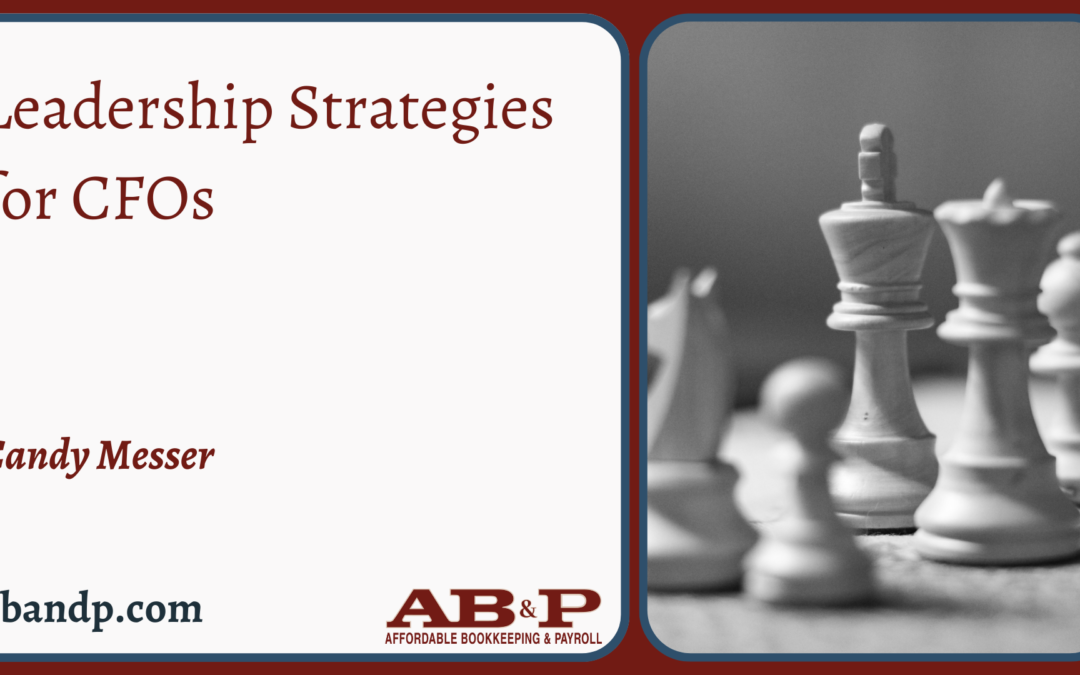As an entrepreneur, you are probably wearing most (if not all) of the management hats of your company. But even with running your entity on your own, it is useful to learn from research into specific C-Suite functions. Today I want to discuss the CFO role and how this position impacts the success of your company.
According to a recent article by McKinsey & Co., CFOs want to invest in their organizations’ growth but are often too cautious due to market volatility. The report emphasizes that successful executives are able to navigate volatility and take advantage of opportunities through strong leadership.
In the article, the author, Ishaan Seth, highlights two types of leaders based on his meetings with CFOs worldwide. The best CFOs are those who gather insights from diverse sources and create an environment for open communication and strategic discussions. These leaders prioritize long-term strategies despite the urgent demands of the current world.
Although leadership skills and industry knowledge are not highly valued when CFOs hire staff, a great leader in the CFO position is essential for success, according to McKinsey. Many CFOs focus on delegating financial tasks to individuals with accounting and data analysis skills.
McKinsey emphasizes the importance of a proactive approach in a volatile market for long-term organizational success. However, many CFOs tend to adopt a cautious and defensive posture instead of taking offensive actions.
Seth and his team emphasize the need for adaptable leaders who manage risks while aggressively pursuing opportunities. They highlight three types of edge—insights, commitment, and execution—which are crucial for creating value from volatility.
The ability to make timely decisions is vital for navigating bear markets successfully. Bold leaders and leadership teams differentiate themselves by making decisive moves before others have the confidence to do so, according to the McKinsey report.
To initiate growth, leaders should evaluate risks and their potential upside. McKinsey’s research suggests that solely defensive or offensive approaches tend to yield average results, while a balanced strategy can lead to occasional wins and avoid catastrophic failures.
Strong C-suite leaders can consider various tactics in the current economy, such as reevaluating M&A strategies, reallocating resources, reimagining workforces post-pandemic, and focusing on long-term innovation and growth.
According to a recent CFO survey, 66% of CFOs report accelerated growth or business resilience in their organizations. The remaining third, though not expanding, are either stabilizing or building business continuity to prevent decline.
Proactive CFOs make bold moves in resource allocation, programmatic M&A, and innovation investments, demonstrating a commitment to material actions that drive growth, according to Seth.
Taking the facts from this research, it is apparent that it is necessary to be willing to take risks and be proactive in the financial aspects of your company. To be more comfortable with these types of decisions, build a team of professionals you trust who can guide you along the path to bring about a more likely chance of success.
CFO Leadership: Navigating Volatility While Aiming for Growth
